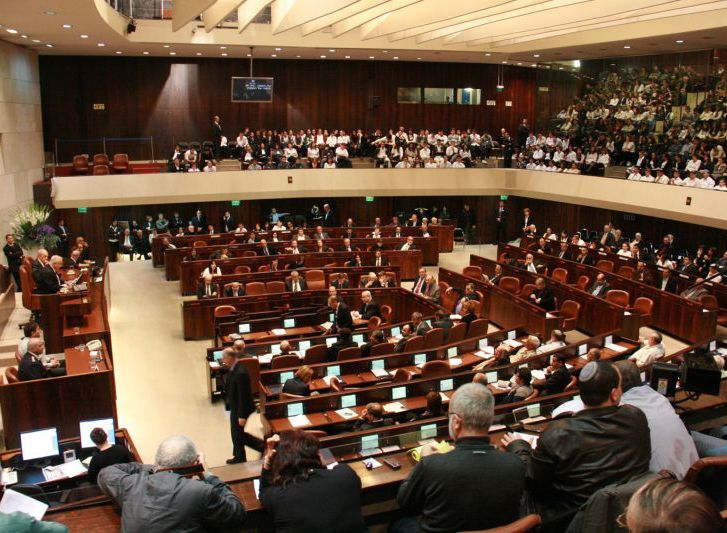Adalah Petitions Supreme Court to Demand Cancellation of New "Admission Committee Law"
Following the passage of a racist law called the "Admission Committees Law" in the Knesset on 22 March 2011, on the same day as the “Nakba Law,” Adalah submitted a petition to the Supreme Court of Israel to demand the cancellation of the law. The law grants legal legitimacy to "admission committees" for almost 700 small community towns located in the Naqab and the Galilee. Under the law, admission committees have the full discretion to accept or reject individuals who wish to live in these towns. The petition was filed on 30 March 2011 by Adalah Attorneys Suhad Bishara and Haneen Naamnih.
The petition argued that despite the fact that one of the provisions of the law states that there is a duty to respect the right to equality and to prevent discrimination against any individual, the law allows these committees to reject applications from people on the grounds that they are "unsuitable to the social life of the community… or the social and cultural fabric of the town". In addition, the law authorizes admission committees to adopt special criteria determined by community towns in their bylaws based on the "special characteristics" of each town. For example, a number of community towns, especially those situated adjacent to Arab towns and villages, have defined themselves in their bylaws as towns with a “Zionist vision”. However, the majority of community towns do not have special social or cultural characteristics that would justify subjecting residency applicants to tests of "social suitability".
Adalah filed the petition on behalf of the following civil society organizations that represent groups whose exclusion from community towns is justified under the law: the Arab Center for Alternative Planning, the Mizrahi Democratic Rainbow (HaKeshet HaMizrahi), Bimkom: Planners for Planning Rights, Another Voice in the Galilee (Kol Aher BaGalil), and the Jerusalem Open House for Pride and Tolerance.
The petitioners argued that the law allows admission committees to reject any person on the basis of his or her national belonging, sexual preference, and even on health grounds. It would also allow an admission committee to reject an Arab applicant because his or her culture different from that of the majority of persons living in a community town.
The Admission Committees Law violates Israeli domestic law and international law, which prohibit discrimination against any person who does not belong to the dominant group in society, by legitimizing the exclusion of entire groups on the basis that he or she is not suited to the “social/cultural fabric” of a community town. Specifically, the law is contrary to the Israeli Basic Law: Human Dignity and Freedom and violates basic constitutional rights, as well as the rights to privacy and to freedom to choose one's place of residence without arbitrary restriction.
Adalah has been challenging the existence of “admissions committees” since 2007, when it petitioned the Supreme Court (See HCJ 8036/07, Fatina Ebriq Zubeidat, et al. v. The Israel Land Administration, et al. (case pending)) to cancel this practice.
Case Citation: HCJ 2504/11, Adalah, et al v. The Knesset, et al. (case pending)
For further information, see: The Petition (Hebrew)














